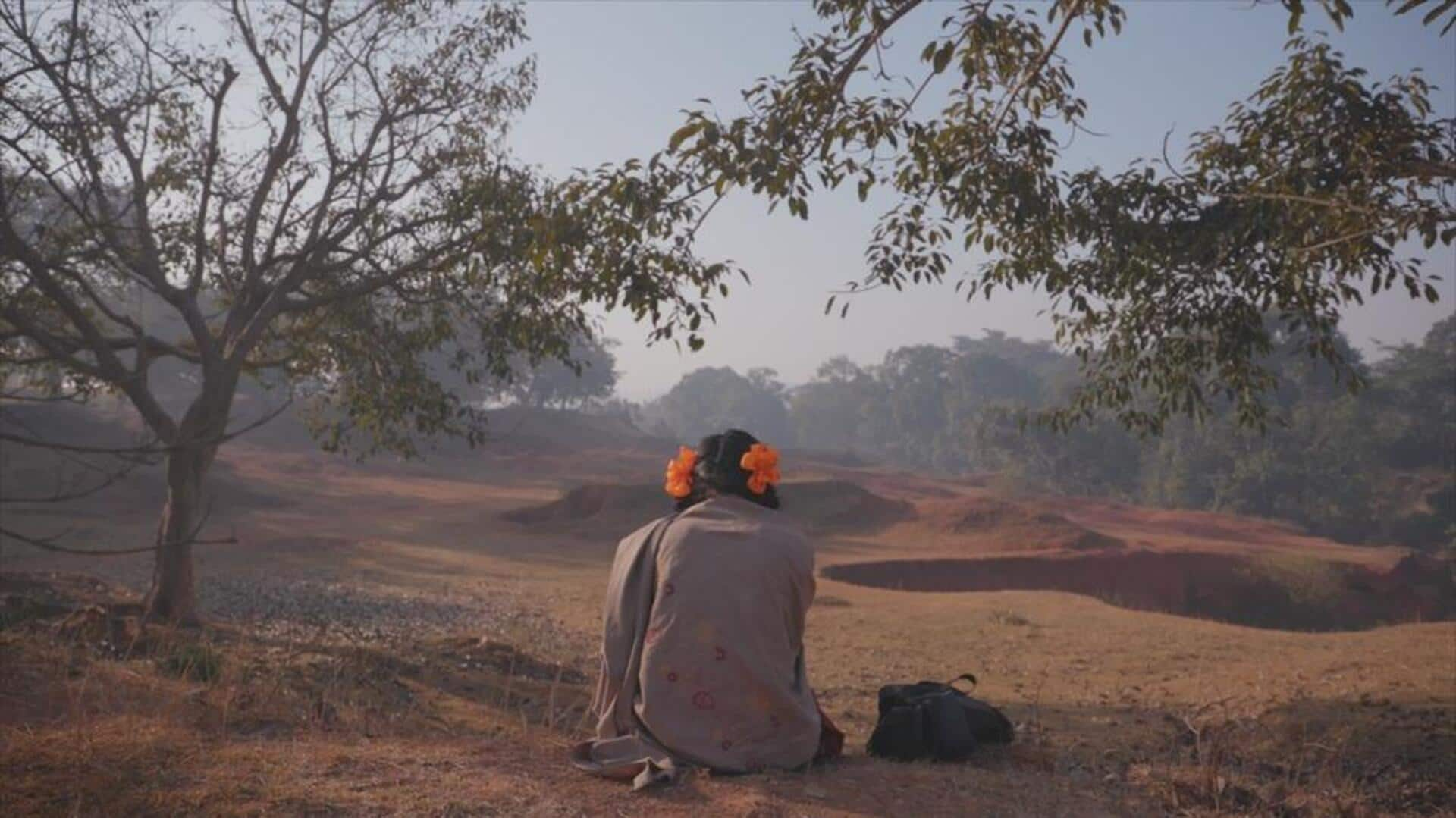
NewsBytes Recommends: 'To Kill a Tiger'—searing, unsettling, and heart-rending
What's the story
I have lost count of the times I paused Nisha Pahuja's Academy-Award-nominated documentary To Kill a Tiger, streaming on Netflix. Not because it's shabbily made or is overlong, but because it pierces your heart in such unimaginable ways that I needed breaks to recover from what I saw. The documentary—which deals with a sexual assault survivor's crusade for justice—is deeply unsettling, and rightly so.
#1
This is the crux of the documentary
The 2022 documentary takes us to a Jharkhand village, where 13-year-old Kiran (name changed) was gang-raped by three men. Her father is a farmer and the perpetrators are relatively powerful, so, naturally, justice is bleak and almost nonexistent. However, with the aid of the NGO Srijan Foundation, the father, Ranjit, drags the men into court. The matter is now with the HC.
#2
The village's reaction to Kiran and her family
TKAT is an incredibly difficult watch, but it is meant to be like that. Throughout the runtime, we garner insights from different sections of the village, and by extension, the Indian society. Kiran is repeatedly blamed, chided, ostracized, and isolated because as a woman, she should have had "better sense." It's chilling how the village is more concerned with her "chastity" than with justice.
#3
Focuses not just on Kiran, but also the entire village
TKAT cuts to the chase, and a large portion of it deals with unveiling the villagers' deeply problematic and unashamedly misogynistic stance. One "solution" posed by the villagers is to get her married to one of the offenders, while others say that it's a mere "galti (mistake)" by the men. Too much undue importance on samaj (society) and too little on her life. Sigh.
#4
Metaphors and meanings in 'TKAT'
One of my favorite scenes comes up toward the conclusion—Kiran, charged with her innate strength and courage, puts on her best clothes and applies bright pink lipstick to record her testimony in court. The lipstick contrasts with an earlier moment in the film when a village resident blames her makeup, particularly her lipstick, for the assault. Things come full circle, and Kiran doesn't crumble.
#5
The documentary lays bare the hypocrisy of Indian society
The worth placed on society plays out horrendously for Ranjit and the entire family (the mother is just as valiant but doesn't speak much). The family is shunned, othered, and completely invisibilized by those who hold unparalleled power, and the family's life is threatened if they continue with the case. Such gravitas laid on the village's honor—as if one would be limbless without it!
#6
Ramifications of one man's fight against the system
While the film, for the most part, circles around the sexual assault's repercussions on Kiran's psyche, it also finds space to show how Ranjit's financial assets deplete within months while fighting the case. Justice doesn't come cheap, and it doesn't come fast, and nobody knows it more than people who are stripped of their dignity and honor because they rank "lower" in the hierarchy.
Legal issues
It, however, seems to be somewhat ethically-legally problematic
Having said that, however, it's also important to note that To Kill a Tiger seems to violate the POCSO Act, more specifically, this rule, "There can be no media reports revealing the identity of the child." Though the documentary says all due permissions were taken from the participants, one wonders why her face was revealed and the convicts' was concealed.
Conclusion
Toughen your heart, and watch it
Wait until you reach the part that discloses why the film is christened as such. It left a throbbing lump in my throat, and will likely leave in yours, too. TKAT explores Kiran's indomitable courage while stacked against crushing odds. When Ranjit's father told Kiran the men were awarded sentences of 25 years each, she was left speechless out of joy. I was, too.